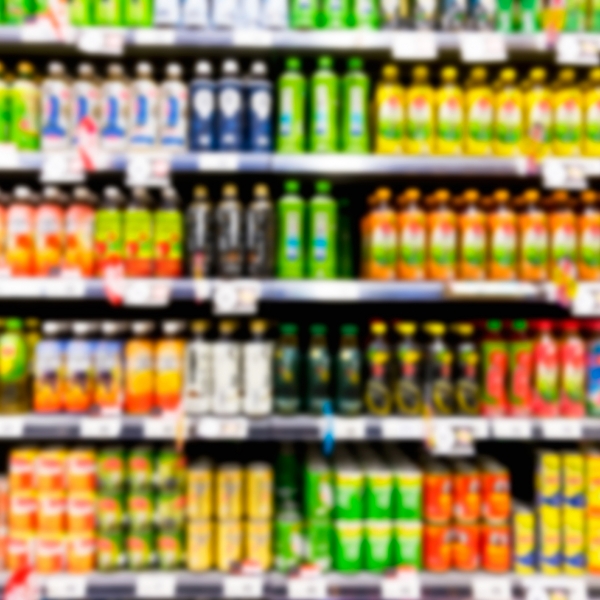FINCH
Eating foods rich in fat, sugar and salt makes people more likely to have obesity and long-lasting diseases such as diabetes and heart disease. In the UK, those foods are eaten more often by people who live in poorer areas of the country, who are also more often in poor health and live shorter lives.
Many cheap foods are rich in fat, sugar and salt, while healthy foods, such as fruit and vegetables, are sometimes more expensive and take more time to prepare. More and more people are affected by obesity in the UK, especially in poor areas, and the government is considering new ways to stop its spread.
- Principal Investigator: Professor Franco Sassi
- Funder: National Institute for Health Research
- Partners: University of Essex, University of Reading, World Obesity Federation
- Duration: April 2022 - March 2025
The government introduced a tax on sugary drinks in the UK in 2018. To avoid the tax, many of the companies that produce those drinks cut their sugar content. In some cases, sugary drinks have also become more expensive to buy because of the tax, and people are buying less of them. But the tax is small, and it is applied only on sugary drinks, so the benefits for people’s health are also small. People already pay tax on food and drinks, at much higher levels than the sugary drinks tax, but most tax on food is not related to health. For example, you pay tax on takeaways but not on food in shops such as meat and vegetables.
This research project will look at how tax on food and drinks can be changed to make it less expensive for people to buy foods and drinks that are better for their health, so that they become less likely to have obesity and long-lasting diseases. We will look at how taxes on different foods and drinks would change how expensive shopping would be for people, and we will work with the public, the government, food companies and shops to understand how changes in the way food is taxed will impact everyone. It is important that people and families, especially poor ones, should not pay more tax than they do now.


The project will make use of tools for choosing the foods that should be taxed, similar to the ‘traffic light’ labels that can be found on the packages of many foods sold in shops. We will propose different ways of taxing healthy and less healthy foods and will calculate how food companies will change their products and how people will change their food choices because of the tax changes. The project team will discuss these proposals with the public, the government, food companies and shops to decide which ideas to test, before using computer programs to calculate how people will change their behaviour if these taxes were used by the government, how much people’s health would improve, and how much this would cost.